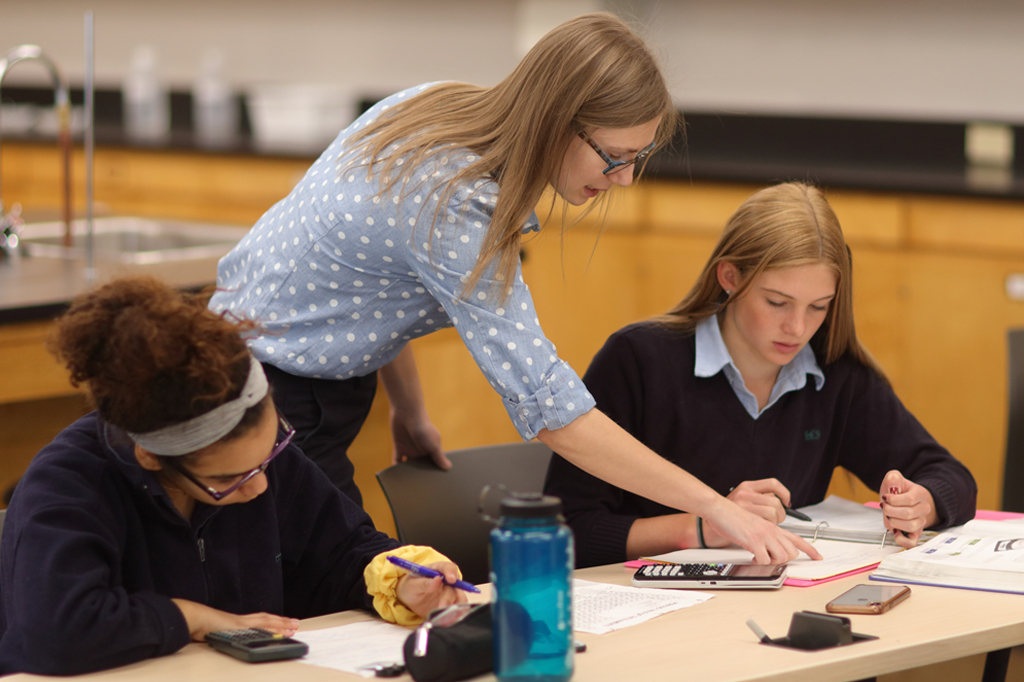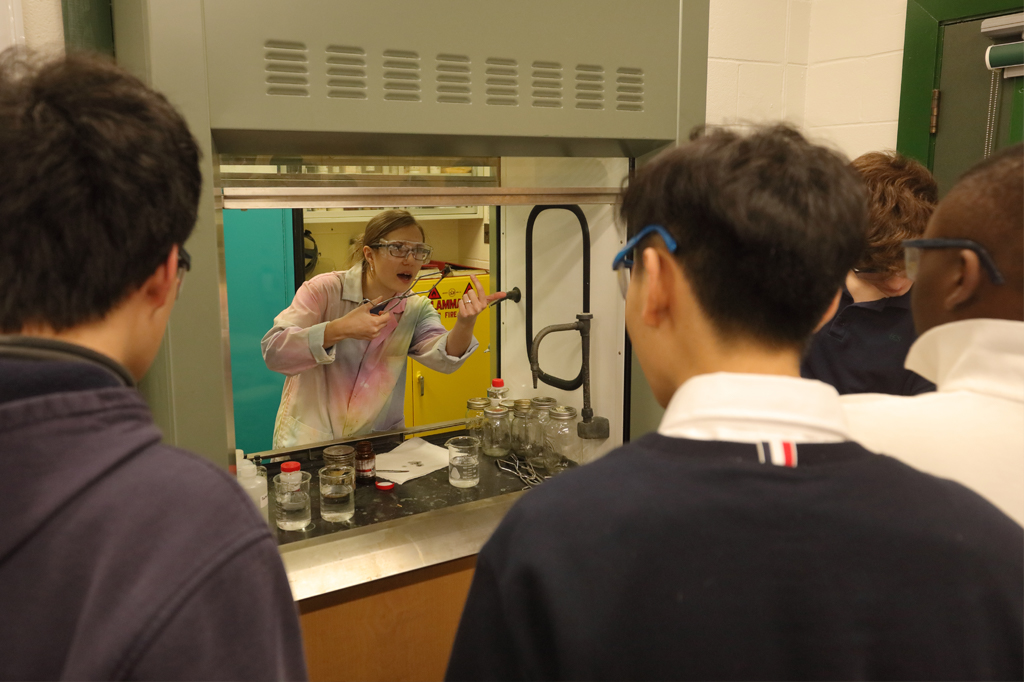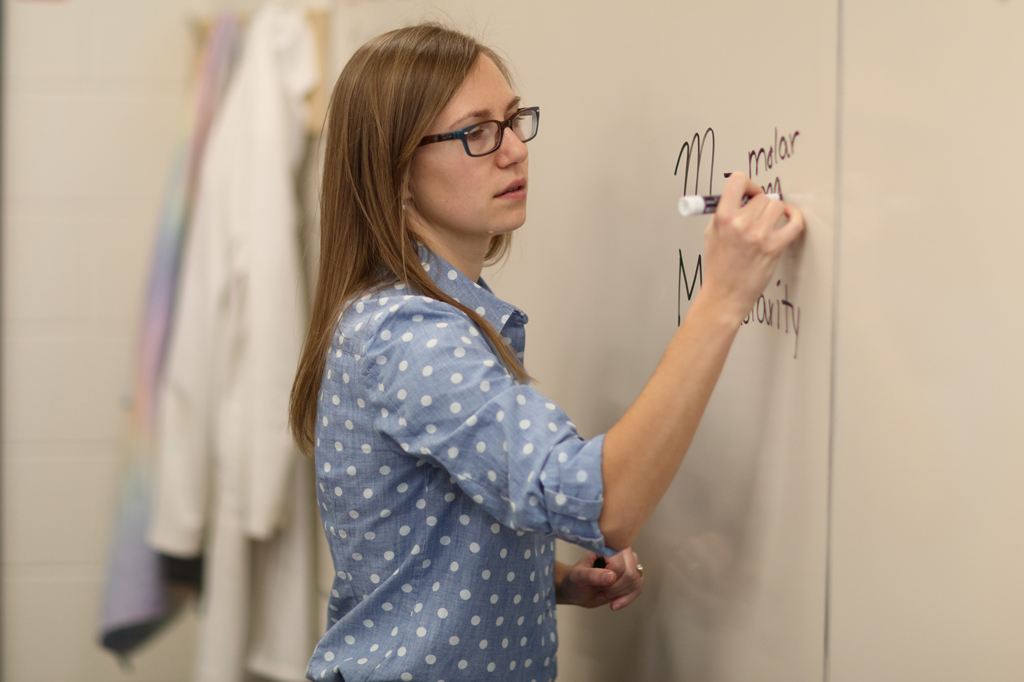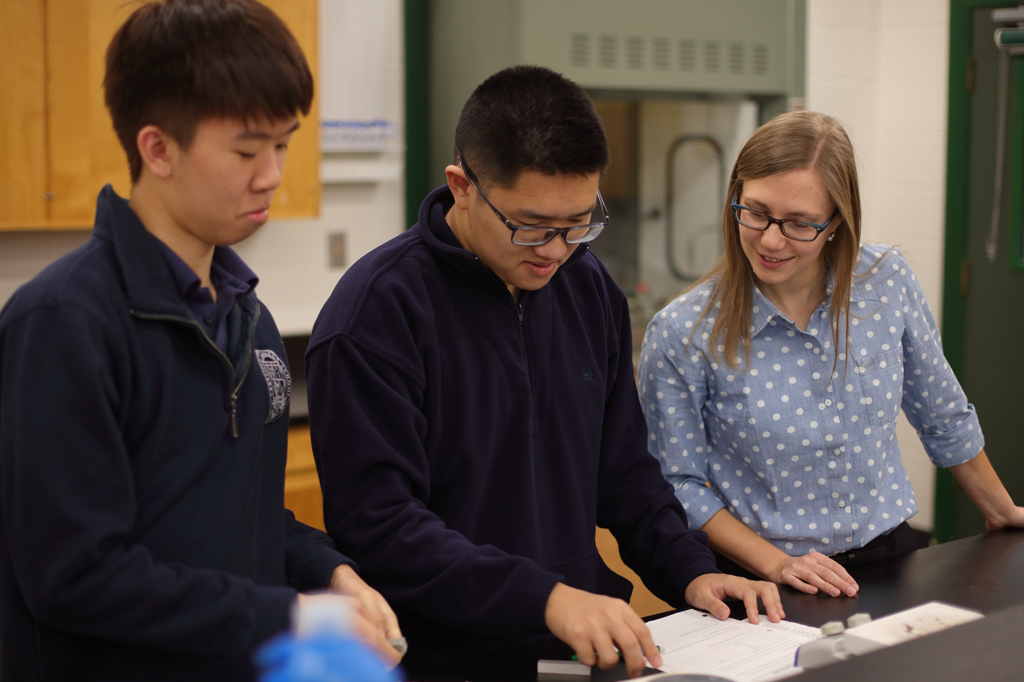
A passion for learning is a hard thing to teach.
It’s something that’s ignited.
As parents, we see this potential in our kids. As educators, we see it in our students. We continually search for a key; something that creates a spark and turns it into a fire. It’s a fine line. A yin and yang between hoping young adults find this passion of their own accord, and trying to facilitate it within educational structures.
The desire to learn, apply knowledge, and ultimately, move it forward, is essential. Not only because it embodies what we want the next generation to be, but also because it’s critical for success on any level. Today’s competitive advantage isn’t in having knowledge, but rather, understanding how to use knowledge.

Preparing students in this regard is straightforward. You simply create this kind of environment. There’s no trick to it. You make passion, inquiry and creativity a normal, everyday thing. At LCS, we have two tools for doing this. The first is having teachers who love what they do. The second is experiential learning, which, loosely speaking, means having students experience subjects in a more visceral, active and relevant way.
It’s all about chemistry.
Any discussion about igniting a desire to learn begins with the understanding that it’s difficult to separate the teacher from the lesson.
You’d be hard-pressed to find a single person who doesn’t have a childhood memory of a teacher who made a “boring” subject fun. Or made them look at something in a different and unexpected way. These are landmark experiences. They can ignite passions, or perhaps of equal importance, illuminate the fact that not all is as it seems.
When speaking with LCS teacher Stephanie Jackman (Science, Chemistry), one quickly gets the feeling that they’re talking with one of those teachers. Her excitement is contagious, and by the end of the conversation, it’s hard not to be convinced that chemistry, in some form or another, is the key to all that ails us in the modern world.

Her love for the subject matter began close to home. Her mom was a Mineral Processing Engineer. She knew in elementary school that she wanted to be a teacher, and a fire for the subject of chemistry was sparked in high school. When asked why, the words come easily:
“Science is a way to understand the world around us. On the surface, it’s deceptively predictable. Yet it’s extremely creative and exciting.”
Our conversation focusses on experiential learning: what it is, how it applies to her science and chemistry classes in particular, and what it means for students on a practical level. As with any discussion regarding complex topics, it’s like peeling an onion. Each layer reveals more layers—more questions—and through this process we get a snapshot of the educator at work; simplifying, providing context and meaning.

Experiential learning is a straightforward idea, but understanding it requires some backtracking. Before technology provided such easy access to information, learning was “content-based.” Education, broadly speaking, focused on the transfer of information. Put another way, it was about gaining knowledge. Today, gaining knowledge is not a difficult task. It’s at our fingertips. In this light, experiential learning can be seen as learning how to USE knowledge.
“The core of science is the scientific method, which is a process of inquiry, experience, observation, analysis and reflection. My classes are designed to have students experience the scientific method as opposed to talking about it. We focus on the process of discovery… learning how to learn… to push the boundaries of knowledge.”
This shift, while seemingly subtle, changes everything. It demands a new connection to real-life, practical learning; an idea we call “authentic learning.” It also pushes the scale heavily towards creativity and problem-solving.
As we talk more about chemistry in particular, Stephanie speaks of its connection to many different things; to deeper pieces of science and biology. Topics of keen interest to students include smartphones and the raw materials used in their construction, and number one on the list: climate change.
“A recent project in Grade 11 Chemistry is a great example: students were asked to investigate new discoveries. About 50% of them chose climate change. It really showed experiential learning at work… this process of inquiry. They were able to investigate and apply knowledge in a way that was creative and meaningful to them. There’s so much passion about climate change… so much hope.”
Experiential learning adds a new dimension to education. Everything has a visceral, real-world context. A career in biology or biochemistry, for example, becomes far less conceptual. When applied to topics that matter to students today, such things become tangible possibilities. Dots are more easily connected the more students are engaged in the process of learning. They can make better, more-informed life decisions as a result.

While Stephanie would be more than happy to see all her students pursue careers in chemistry, a greater goal exists.
“The scientific method doesn’t necessarily have to do with science… it applies equally to so many other areas of life… cooking, music, business… anything, really.”
After our brief discussion, one can’t help but think that her classes would be fun and illuminating. She loves what she does, and easily makes science relevant for any audience. You can imagine many science careers being sparked on her watch. However, she’s careful to qualify that this, ultimately, isn’t the point. Rather, it’s about igniting and stoking a fire for the process of learning—using knowledge to find your own answers, wherever they may lie.
This is what experiential learning is all about.
